The College of Arts and Sciences donated $5,000 to the Cougar Food Pantry in light of a growing need to address food insecurity among graduate students.
Todd Butler, College of Arts and Sciences Dean and English professor, said he had a conversation with the GPSA leadership that represents CAS regarding the increased need and usage of the CFP among graduate students. Within 10 minutes, Butler said he was on board with the idea of donating to the CFP and drafted up an email.
Butler said this donation is like having a scholarship at the beginning of the year, and hopes that with this donation students can feel less anxious about where their next meal will come from.
“Providing support now rather than when the budget is depleted at the end of the year, I hope allows the food pantry to be more confident in what they can do to support students,” Butler said.
Madison Hӧnig, GPSA community affairs chair and college representative for CAS, said Butler recognizes the large need for food security, and this donation is one way to have a direct impact on students. After CAS made their donation, Hӧnig said the WSU Graduate School wanted to match them, additionally donating $5,000 to the CFP.
Merri Lecoq, CFP coordinator, said the monthly budget for the pantry is roughly $4,500 if they are lucky, so these donations are greatly appreciated. Last month alone, the pantry had 2,100 visits, and fed 3,200 people, including students and their families.
“Keeping our status quo, this gives us a month. Our shelves, we run out, a lot, so to keep the pantry actually stocked, it would be about $5,000 a week,” Lecoq said.
Lecoq said graduate students make up around 30%–35% of the people who utilize the food pantry. The food pantry budget is formed from a $5 fee that undergraduate students pay each semester, while graduate students do not currently pay a fee.
Hӧnig said graduate students are utilizing the pantry disproportionately because they use it more than what would typically be expected based on their student body numbers.
Hӧnig and other GPSA students are working on an advertising campaign to highlight to other academic units that they can also make donations to the CFP.
“A lot of graduate students have dependents or families they’re feeding in addition to themselves,” Hӧnig said. “So the food pantry is a really huge, necessary resource for our community.”
This is not the first time the CAS has donated to the CFP. At the end of last semester, Hӧnig said she brought up the issue of food security to Butler, and CAS decided to donate $5,000 to the CFP. Butler said it was due to the clear lack of budget, and the increasing level of need and use of the food pantry.
The money used for the donations comes from the CAS Excellence Fund, Butler said. The money within this fund is used for the highest priorities of the college, which in this case means supporting students. Butler said he wants students to have the ability to concentrate in class, and if students are hungry or worried about where their next meal might come from, it directly affects their education.
“Sustaining students is our highest priority, and if we can help in that way, then let’s just do it,” Butler said.
Hӧnig and members of GPSA are working to pass a referendum question to have graduate students pay a $5 fee to match the required undergraduate fee for the CFP. This fee would help contribute to the food pantry and help their budget, Hӧnig said. For the referendum question to pass, it needs a majority vote and at least 15% of the graduate and professional student body must vote.
With Dissmore’s no longer open in the College Hill area, a physical food desert has been created, Hӧnig said. A food desert is an area where people have limited physical access to healthy food, contributing to the rise of food insecurity among students in Pullman.
Hӧnig said graduate students work 20 hours a week and get paid accordingly through a stipend. The stipends only increase as a student works farther into the graduate program. When a student becomes a PhD candidate there is a small raise, but Hӧnig said for the most part the stipends stay the same. Many graduate students feel that their stipends do not compete with growing inflation rates, she said.
“I visited Safeway a couple of times, and you’re talking about house brands charging $20 for olive oil,” Hӧnig said. “We don’t have the kinds of stipends that can sustain you eating healthfully and nutritiously for those kinds of prices.”
As an international student, Hӧnig said there are tight restrictions surrounding the type of outside work she can do while also completing her graduate program. Hӧnig said she can only work with the university, and getting a second job is highly discouraged by advisors because graduate students are already busy with their TA jobs while continuously working on their dissertations.
Lecoq said the CFP always accepts donations, money and food. Even a donation of $1 can buy two Uncrustables. With $5, an entire box of ramen can be bought, she said.
Butler said he expects to continue making donations, however he hopes one day the pantry will have enough funding that the need for donations is not as apparent as it is right now.
“[The CFP] is part of the safety net that contributes to student success and all those higher goals,” Butler said. “If you’re not eating, it’s hard to do school.”

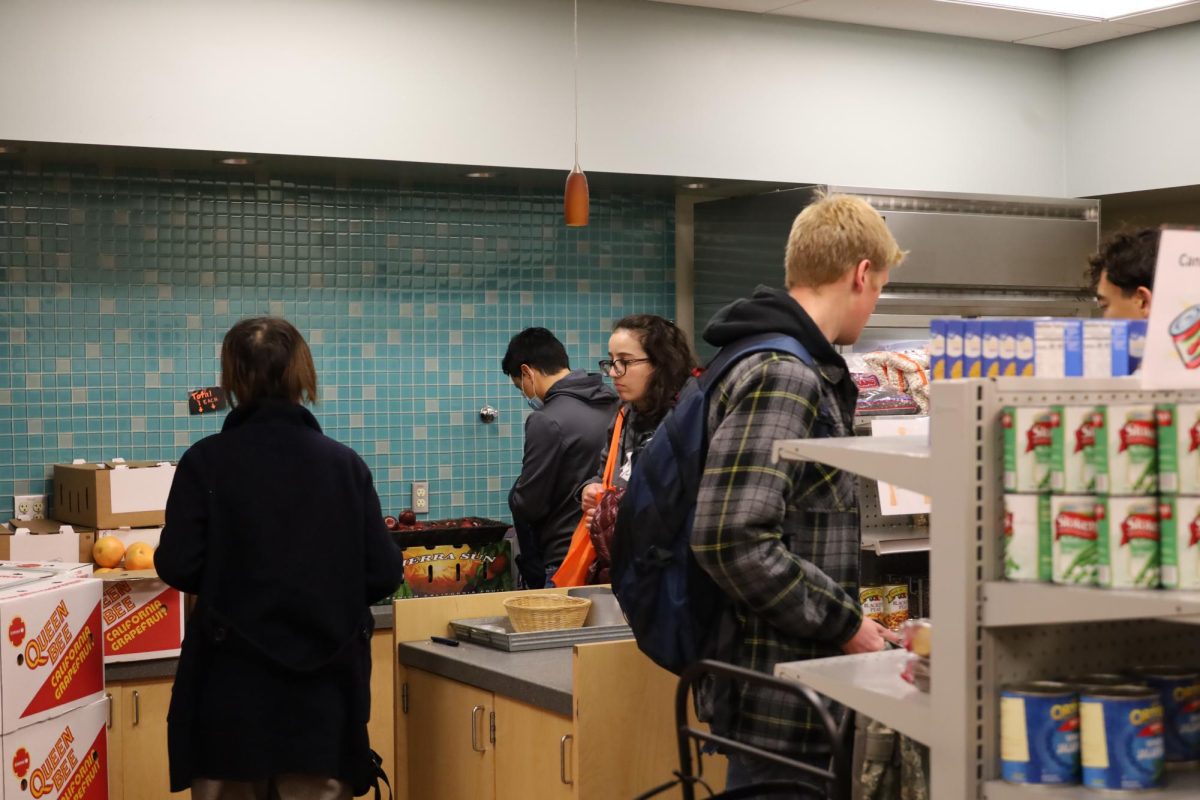

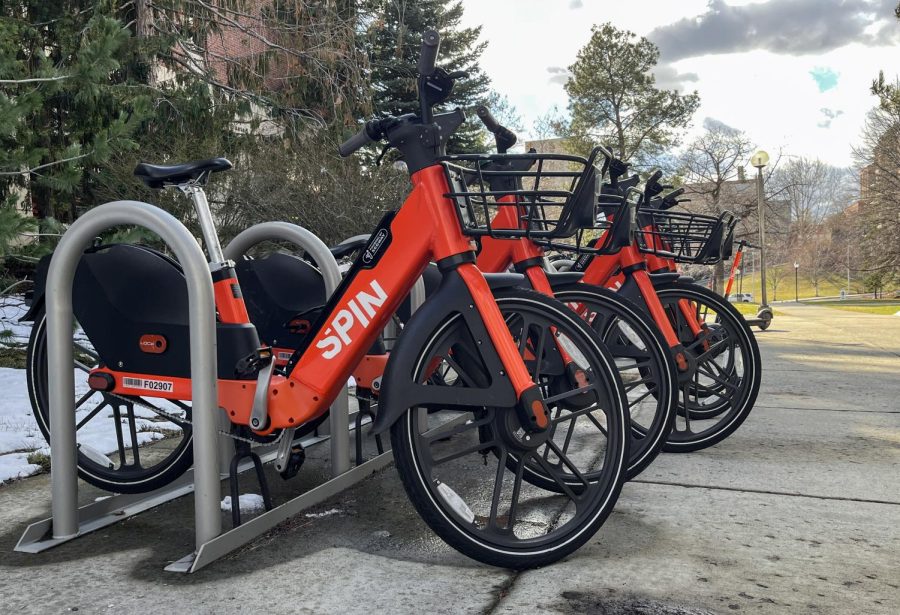

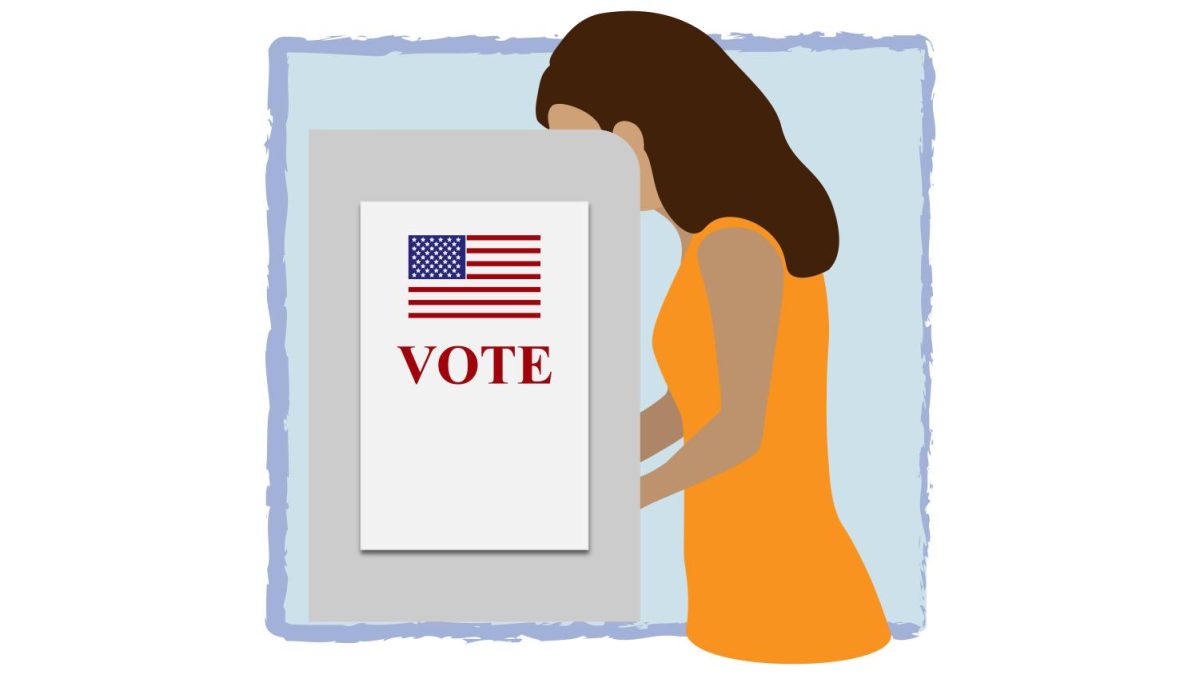
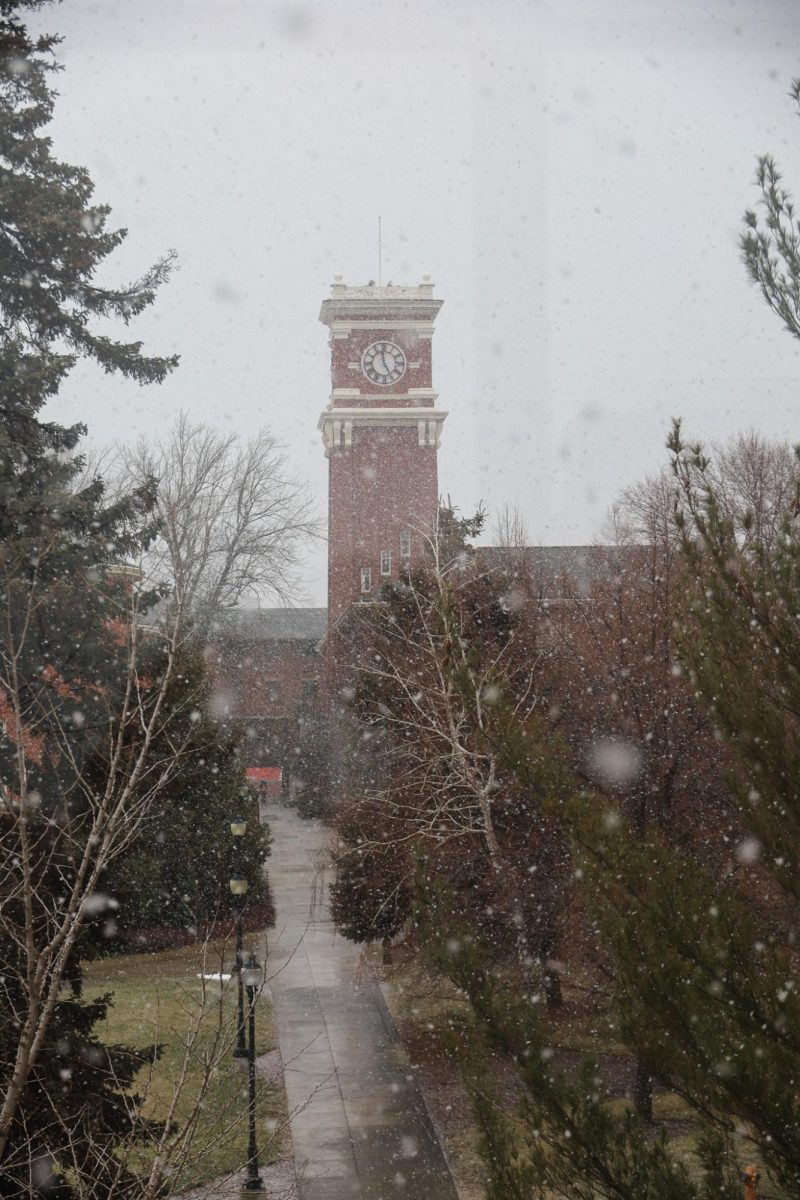
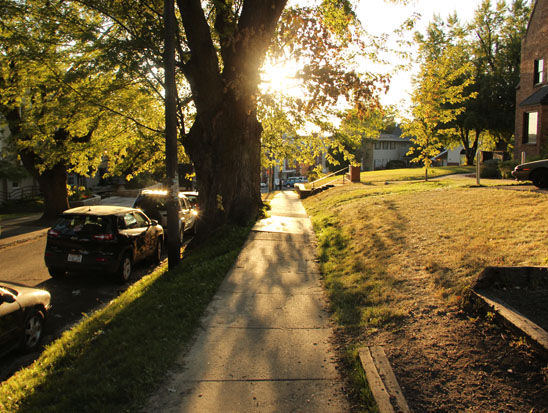



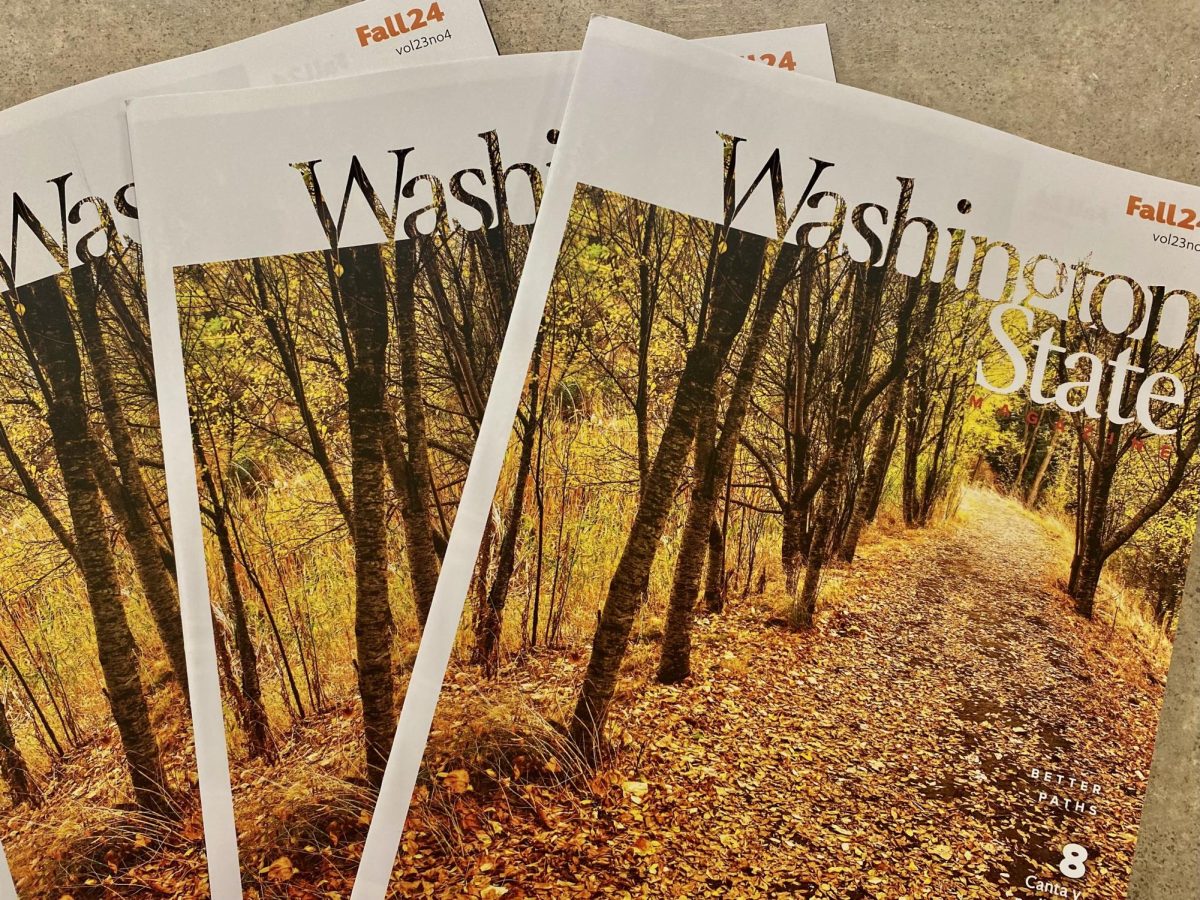
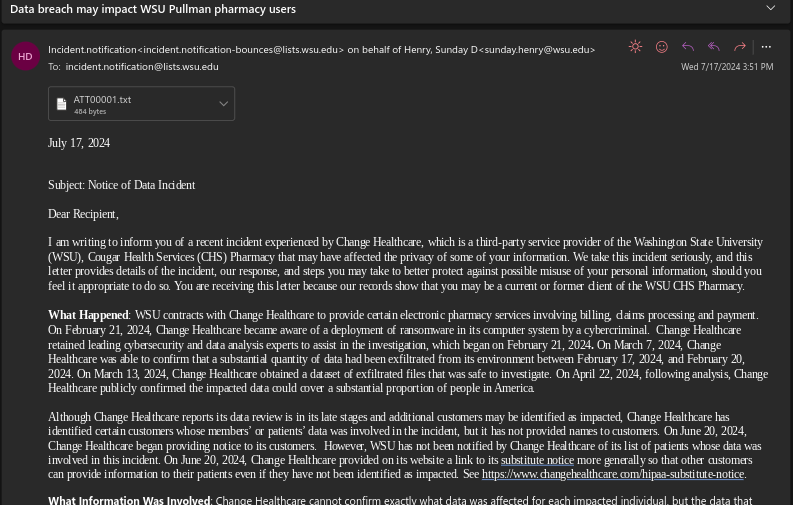
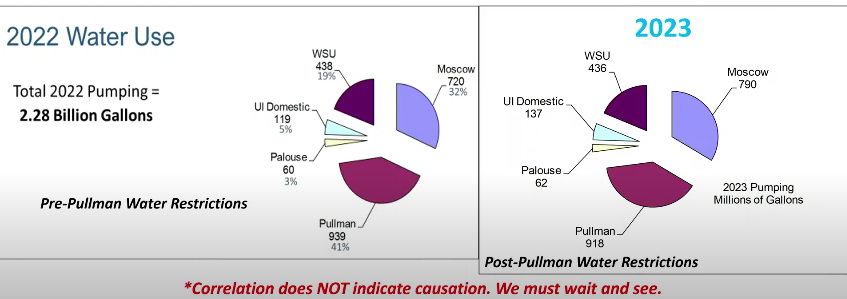


Judy A Erdman • Oct 16, 2023 at 3:20 pm
Have you considered a direct appeal to alums – perhaps a sustaining monthly donation? A wider distribution of this information/need could make a difference.